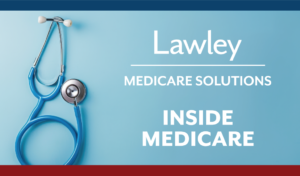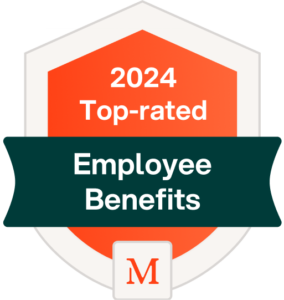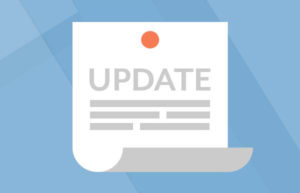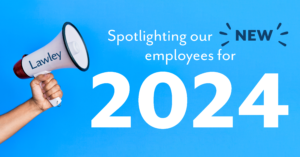IRS FAQs on FFCRA Tax Credits for Self-Employed Individuals
HIGHLIGHTS
- Self-employed individuals may be eligible for tax credits for their own emergency paid sick leave and expanded family medical leave under the FFCRA.
- The tax credits are limited to individuals who would be entitled to receive FFCRA sick leave or family leave wages if they were an employee of an eligible employer other than themselves.
- The tax credits apply for days during the period April 1 – Dec. 1, 2020.
LINKS AND RESOURCES
- IRS FAQs on COVID-19-related Tax Credits for Required Paid Leave Provided by Small and Midsize Businesses
- IRS webpage on coronavirus tax relief
- DOL webpage: COVID-19 and the American Workplace
CLICK HERE to read the full article.
The IRS has issued frequently asked questions (FAQs) about tax credits available under the Families First Coronavirus Response Act (FFCRA), including specific FAQs directed to self-employed individuals. The FFCRA requires employers with fewer than 500 employees to provide 80 hours of paid sick leave and 12 weeks of partially compensated Family and Medical Leave Act (FMLA) leave for specified COVID-19-related purposes.
The law also provides refundable tax credits that reimburse employers the full cost of providing the required paid leave, which are available to self-employed individuals in certain circumstances in which the individual is unable to work.
With respect to self-employed individuals, the FAQs clarify the following issues, among others:
- Who qualifies as a self-employed individual under the FFCRA
- How to calculate the qualified sick leave equivalent amount
- How to calculate average daily self-employed income
- How to claim paid leave credits
- How to fund paid leave amounts before filing a Form 1040
This Compliance Bulletin includes the IRS’ FAQs on the FFCRA’s tax credits for self-employed individuals.
ACTION STEPS
Self-employed individuals should review the IRS guidance to determine whether they qualify for a tax credit under the FFCRA.
Frequently Asked Questions for Self-employed Individuals
Who is an eligible self-employed individual for purposes of the qualified sick leave credit and the qualified family leave credit?
An eligible self-employed individual is defined as an individual who regularly carries on any trade or business within the meaning of section 1402 of the IRS Code, and would be entitled to receive qualified sick leave wages or qualified family leave wages under the FFCRA if the individual were an employee of an eligible employer (other than himself or herself) that is subject to the requirements of the FFCRA.
Eligible self-employed individuals are allowed an income tax credit to offset their federal self-employment tax for any taxable year equal to their “qualified sick leave equivalent amount” or “qualified family leave equivalent amount.”
CLICK HERE to continue reading this article.







